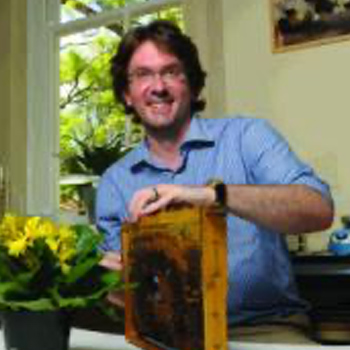
Social Insect Research Group
This work allows us to explore the regulation of reproductive conflicts in honey bee colonies. We also study other aspects of social organisation, such as the diet of workers that reproduce, division of labour, regulation of nest homeostasis etc.
Our research on pesticides looks at the impacts they have on the survival and decline of bees as well as the environment. Here our focus is on effects such as mortality, learning and behavioural impairment (foraging, taste, memory, responses to pheromones), physiological (detoxification) and impacts of changing environment (temperature).
With the threats to the survival of managed honey bee colonies, we are doing research into bee diseases and the potential threats they pose to honey bee health and sustainable apiculture. Our group is also part of global initiatives such as COLOSS (Prevention of honeybee Colony LOSSes) and SUPER-B networks that focus on research and improving the well-being of pollinators at the global level. In 2015, we were selected unto the Executive Council (EC) of the Africa Apiculture Platform (AAP) for honey production, bee health and pollination services of the African Union.


